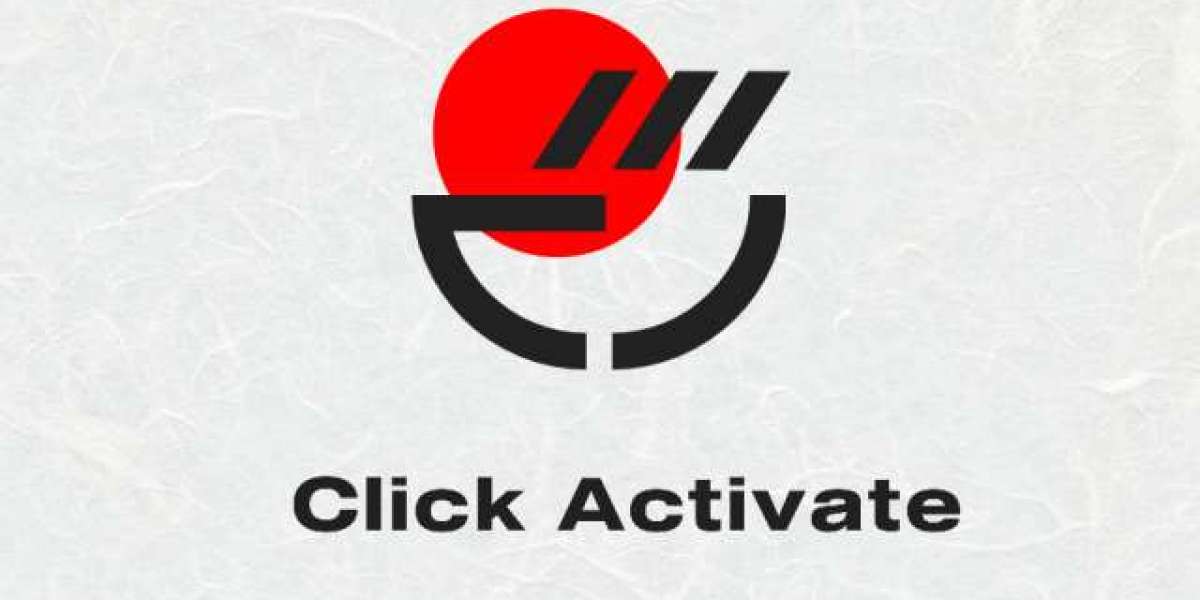Due to YouTube’s Google integration, creating an account without Gmail cannot be accomplished; however, any non-Gmail email address may still be used in order to sign in and access other Google services.
Google, an American technology company specializing in online advertising technologies, search engines, cloud computing software and hardware has produced such services as Gmail, Maps and Photos for many years now.
Activating YouTube
YouTube is an extremely popular video sharing platform with millions of global users, offering them a platform for uploading videos that anyone can view, as well as subscribing to channels of creators they enjoy following for new updates and content creation. YouTube has also become a major digital content consumption source, with people tuning in daily for news clips, educational videos and entertainment content on this platform.
YouTube Premium provides new users with a one month trial of YouTube Premium as a great way to assess if it is worth paying for. Signing up can easily be done from within Discord Nitro or other Google services that come bundled with YouTube.
Start out on YouTube right by creating a Google Account. To do so, visit Google Accounts’ Create an Account page and follow its prompts – entering your name, email address, password selection, and terms of service agreement will get you ready. After creating your new account you’ll be taken back to YouTube automatically! To avoid your personal emails being used for business use and make managing content and settings on channels easier it may be beneficial to create separate Google accounts per business entity.
READ MORE : You may also like Yt.be/activate
Subscribing to a channel
Subscribe to a channel on YouTube by clicking the “Subscribe” button, which will notify you whenever they upload new videos or update their channel page. Managing subscriptions can be found under the Subscriptions tab in either mobile app or website versions of YouTube.
To create a channel on YouTube, you must be at least 18 years old with a valid Google account and adhere to both their community guidelines and channel monetization guidelines – failure to abide may result in an internal investigation and potentially monetary fines.
Once you’re ready to upload videos, use your Gmail credentials to sign in to YouTube and click the upload button at the top of the page to begin creating your video – remembering to include details like description, thumbnail and tags!
If you don’t already have one, creating a Google account is free and can help your business increase visibility online. Once created, YouTube videos and other Google services will become easily accessible via this account – perfect for uploading business videos! You can even set up multiple channels under one Google account.
Uploading a video
Google is best known for its search engine, but they also have a video sharing site called YouTube that was launched free of charge back in 2006. YouTube is used by people from around the world and has become an immensely popular place to share video content. YouTube uses an innovative system designed to both upload videos while also protecting copyright rights; Viacom filed suit against them as they were using it illegally! YouTube creates an ID file for every video uploaded that gets stored in a database before checking uploaded ones against this database, flagging any that violate copyright rights violations immediately upon upload if detected!
READ MORE : You may also like Apple.com/bill
Sharing a video
Video content can be an engaging way to engage audiences and attract their attention, making email the ideal medium. Unfortunately, large files can sometimes be too large and formatted incorrectly to send through email without losing quality – to address this challenge there are tools such as Covideo that enable embedding videos directly into emails, and Dropbox which lets you upload video files into shared folders for easier distribution.
Many email providers support an attachment feature for emails, but this may not always be the most efficient method for sharing videos. Depending on the size and configuration of your list and recipients’ email clients, attachments could slow delivery of your message or make it impossible to open files; additionally, some email clients do not automatically recognize video format and may consider it spam.
Another solution is using a cloud storage service like MultCloud that allows you to share videos in bulk. Additionally, videos can be put into folders before sharing so as to reduce file sizes further and you can share these publicly so anyone with the link will be able to watch your files.







